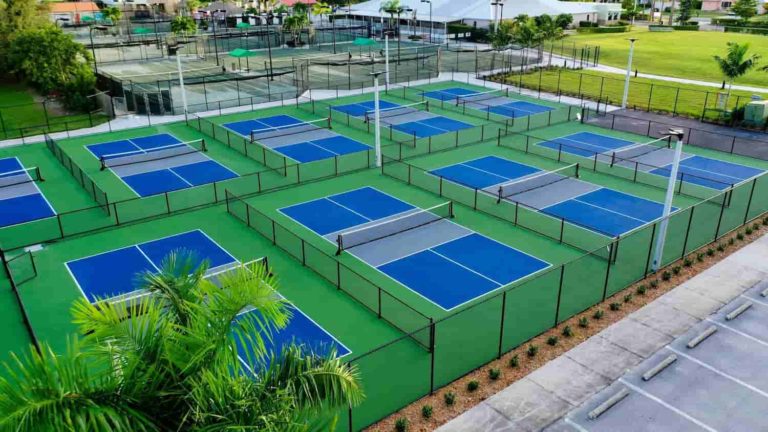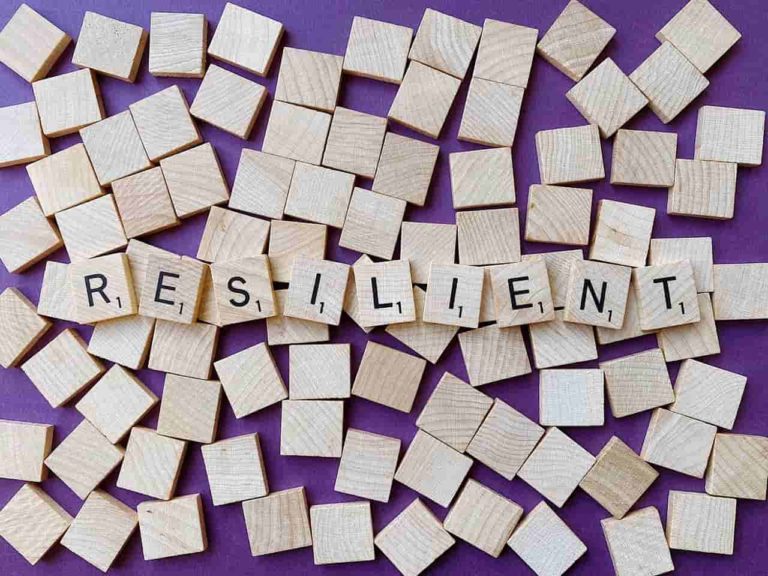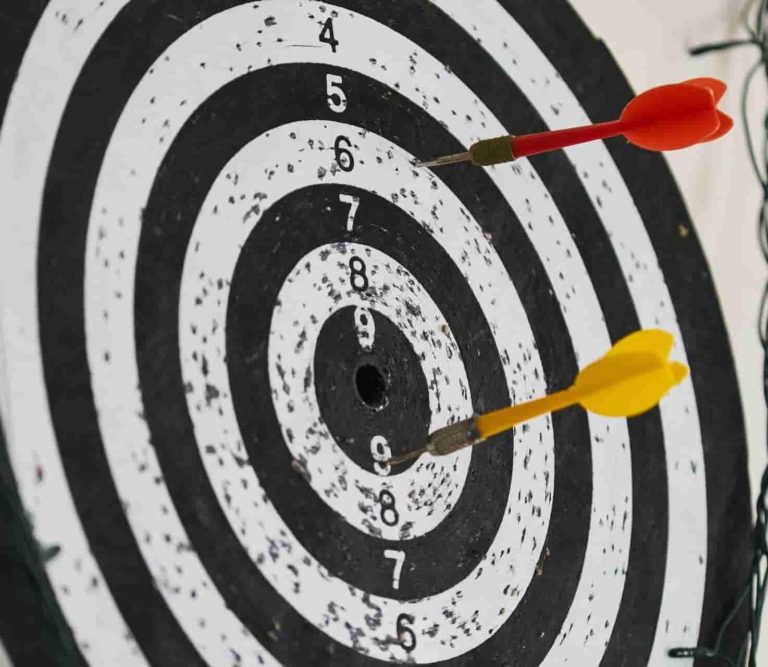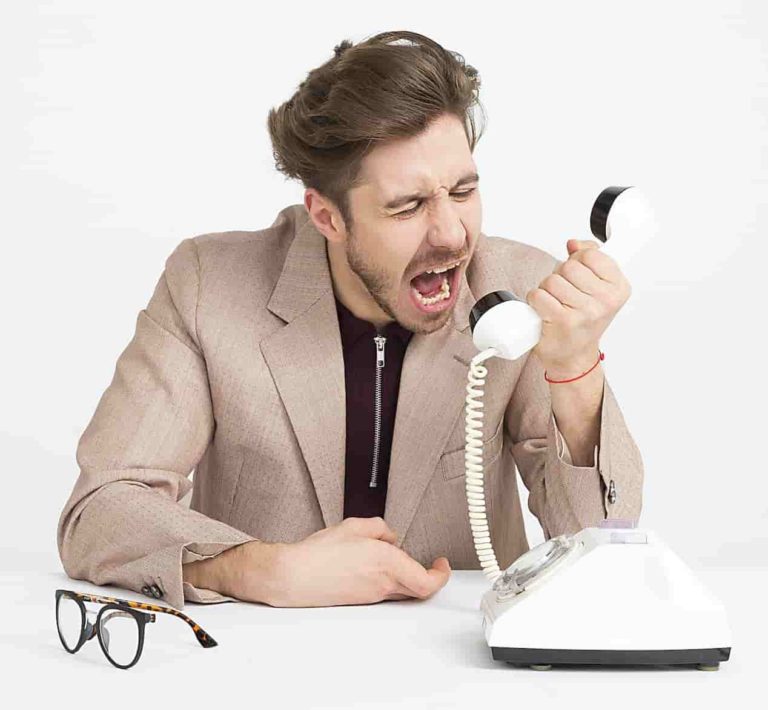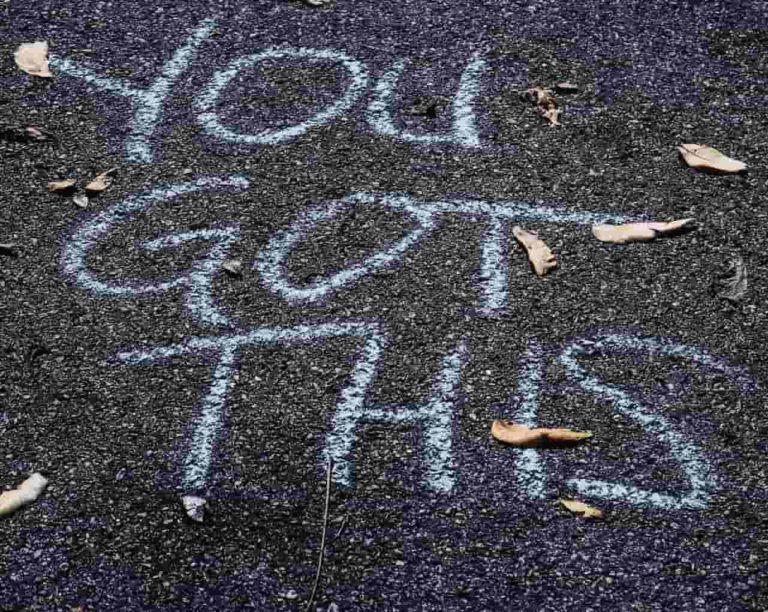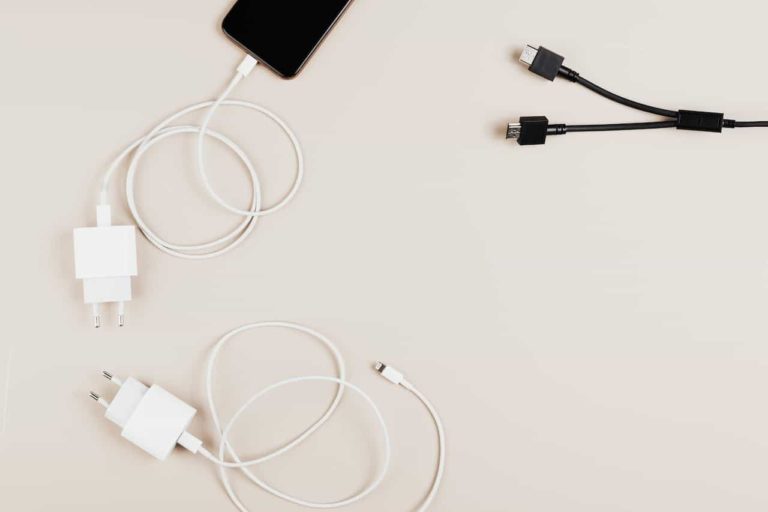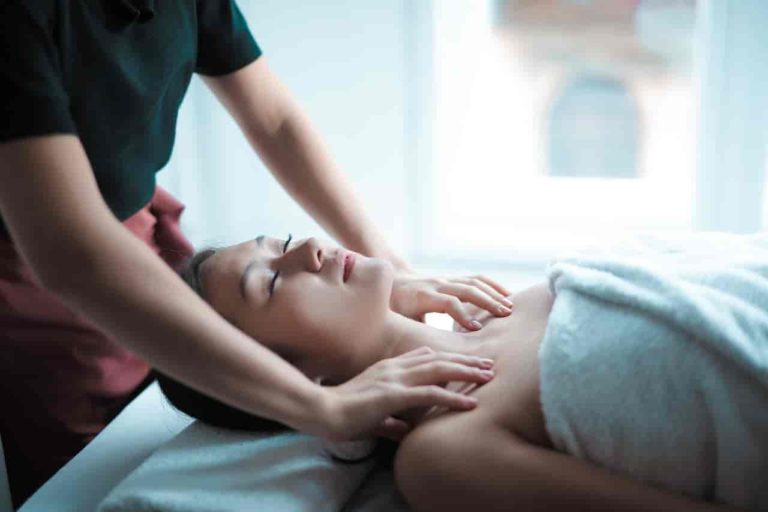Introduction
The Importance of Mental Toughness in Pickleball
Pickleball is a highly competitive and physically demanding sport that requires a lot of mental strength and resilience to succeed. Mental toughness is the ability to remain focused, positive, and motivated in the face of adversity, pressure, or challenges. It encompasses many different psychological characteristics, such as confidence, concentration, emotional control, self-belief, and determination.
In pickleball, mental toughness can make all the difference between winning and losing. Pickleball players who lack mental toughness are more likely to struggle with frustration, anxiety, self-doubt, distraction or negative thinking during matches.
They may also be more prone to making unforced errors or giving up on opportunities to win points because they lack the confidence or resilience needed to stay focused and composed. On the other hand, players who possess strong mental toughness are able to cope with stressors in a constructive way and maintain their performance even under duress.
The Concept of Mental Toughness
Mental toughness is often described as a mindset that allows athletes to perform at their best regardless of external circumstances. While some people may be naturally more resilient than others due to genetics or upbringing factors like parental support or prior success in sports activities; mental toughness can also be developed through training and practice.
There are several different components of mental toughness that contribute to it being such an important aspect of pickleball success. These include:
Confidence: Believing in one’s skills and abilities
Focus: The ability to stay present-minded
Emotional control: Managing emotions during play
Resilience: Ability to bounce back from setbacks
Positive self-talk: Encouraging oneself with these components in mind; players can work on developing each area through practices like visualization exercises or cognitive restructuring that aim at cultivating better habits for themselves both on and off the court.
Why Mental Toughness is Critical for Pickleball Success
In pickleball, mental toughness is essential for players to achieve their goals and reach their full potential. Beyond just physical fitness and technical skills, players must remain calm under pressure, focused on the task at hand, and positive in their outlook to succeed. Pickleball matches can be intense and mentally challenging, particularly when players face difficult opponents or crucial points in a game.
During these moments, it’s vital for players to maintain a high level of mental toughness so that they can perform with confidence and composure. Without this critical trait, even the most skilled athletes may struggle to succeed on the court.
In addition to improving performance during matches, mental toughness also plays an important role in training regimens and overall athletic development. Players who are mentally strong are better equipped to handle setbacks or failures in their training process. Allowing them to recover quickly without losing motivation or focus.
Ultimately, developing mental toughness is an essential part of becoming a successful pickleball player. While it may be challenging at times, regularly practicing mental exercises or seeking guidance from coaches or sports psychologists can help players maximize their potential both on and off the court.
What is Mental Toughness?
Mental toughness can be defined as the ability to perform at a high level in the face of stress, pressure, and adversity. It’s a crucial aspect of sports performance, allowing athletes to push through challenges and maintain focus even in difficult situations.
In pickleball, mental toughness can be the difference between winning and losing matches. One reason why mental toughness is important in sports is that it enables athletes to overcome obstacles and setbacks.
When faced with adversity, mentally tough athletes are able to stay focused on their goals and continue pushing forward. They are also more resilient in the face of failure or disappointment, able to bounce back quickly and learn from their mistakes.
There are several different components of mental toughness including confidence, resilience, determination, focus, and composure. Confidence is key for mental toughness; without it, athletes may doubt their abilities or struggle with anxiety during competition.
Resilience involves being able to recover quickly from setbacks or mistakes. Determination means being committed to achieving one’s goals despite obstacles along the way.
Focus refers to staying present in the moment during competition rather than getting distracted by outside factors such as crowd noise or other players’ actions. Composure involves maintaining emotional control even when faced with difficult situations.
The Importance of Mental Toughness in Sports
Mental toughness plays a vital role in sports performance because it allows athletes to perform at their best even under pressure. Without mental toughness, external factors such as nerves or distractions could impact an athlete’s ability to perform well on game day. Athletes with strong mental toughness are better equipped to handle pressure situations that arise during competition – such as close games or high-stakes tournaments – without letting nerves get the best of them.
They are also less likely to be distracted by external factors like fans or other competitors. Another key benefit of mental toughness is its ability to help athletes bounce back from setbacks.
In pickleball, as in any sport, there will be times when things don’t go according to plan. Mentally tough athletes are better equipped to quickly recover from these setbacks and stay focused on their goals.
Developing Mental Toughness
While some people may naturally possess mental toughness, it is a skill that can be developed over time with practice and dedication. The first step in developing mental toughness is to identify areas where you may need improvement.
For example, if you struggle with confidence during competition, you may need to work on building your self-esteem. There are several different strategies that can help athletes develop mental toughness.
Visualization is one effective technique for building confidence and focus. By picturing themselves succeeding in high-pressure situations – such as hitting a winning shot in a close match – athletes can build their confidence and feel more prepared for game day.
Another strategy for developing mental toughness is positive self-talk. By repeating motivational phrases or affirmations – such as “I am strong” or “I can do this” – athletes can boost their confidence and maintain focus during competition.
Goal-setting is another important aspect of developing mental toughness. By setting specific, achievable goals for themselves – such as improving their serve or winning a certain number of matches – athletes can stay motivated and committed to achieving success on the court.
Overcoming Mental Obstacles
Even with strong mental toughness skills, there will still be times when athletes face mental obstacles during competition. Fear of failure is a common issue that many players struggle with; they may worry about letting down their team or disappointing themselves by underperforming on the court. To overcome this fear, it’s important to reframe the situation in a more positive light: rather than focusing on what could go wrong, think about all the things that could go right if you succeed.
Frustration is another common obstacle; when things aren’t going well on the court, it’s easy to get angry or upset. To combat this, try taking a deep breath and refocusing your attention on the present moment.
Remember that mistakes are a natural part of the learning process and that each one brings you one step closer to achieving your goals. By developing mental toughness skills and learning to overcome obstacles, pickleball players can improve their performance on the court and achieve greater success in competition.
Developing Mental Toughness in Pickleball
Visualize Your Success
One of the most effective ways to develop mental toughness in pickleball is through visualization. This technique involves picturing yourself executing successful shots and performing well on the court. By visualizing success, you can build confidence, reduce anxiety and nerves, and improve your overall mental game.
It’s important to visualize in detail, including sights, sounds, smells, and feelings. To begin practicing visualization for pickleball, find a quiet space where you can focus without distractions.
Close your eyes and picture yourself on the court, executing perfect shots and winning points. Visualize yourself remaining calm under pressure and staying focused on each point.
Positive Self Talk
Another key aspect of developing mental toughness in pickleball is positive self-talk. The way you talk to yourself can greatly impact your mindset and performance on the court. Negative self-talk can lead to feelings of doubt or frustration while positive self-talk can help build confidence and maintain focus.
Practice positive self-talk by reminding yourself of your strengths during matches or training sessions. Focus on what you are doing well rather than fixating on mistakes or shortcomings.
Goal Setting
Setting concrete goals for your pickleball game is another effective way to develop mental toughness. When setting goals, make sure they are specific, measurable, attainable, relevant and time-bound (SMART). For example: “I want to improve my serve by 10% over the next month.” This goal is specific because it focuses on improving a particular aspect of your game; it’s measurable because it involves a quantifiable target; it’s attainable because it’s within reach; it’s relevant because improving one’s serve usually leads to more victories; it’s time-bound as there’s a deadline (the next month) for achieving that goal.
Overcoming Common Mental Obstacles
Pickleball can often be a mentally challenging sport. Common mental obstacles include fear of failure, frustration, and losing focus.
To overcome these obstacles, it’s important to recognize them when they arise and have strategies in place to deal with them. For example, if you find yourself getting frustrated during a match or training session, take a deep breath and refocus on your goals.
If you’re feeling nervous or anxious before a game, use visualization or positive self-talk to build confidence. Remember, setbacks are part of the game but how you respond to them is within your control.
Mental Toughness in Not Built Overnight
It’s important to remember that developing mental toughness in pickleball will not happen overnight. It takes time and consistent effort to build mental resilience and improve your mindset on the court.
Be patient with yourself as you develop new skills and strategies for improving your mental game. Keep in mind that getting frustrated or experiencing setbacks is a normal part of the process.
Use these experiences as opportunities for growth and learning rather than allowing them to hinder your progress. With practice and perseverance, you can develop mental toughness in pickleball that will help you perform at your best on the court. In my opinion, failing and then persevering is mental toughness.
The Role of Mindset in Pickleball Performance
How Mindset Can Impact Performance on the Court
Pickleball is not just a physical game but a mental one too. A player’s mindset can have a significant impact on their performance on the court. A positive mindset can increase confidence and motivation, while a negative one can lead to self-doubt and anxiety, causing performance to suffer.
One way that mindset affects performance is by influencing decision-making. A player with a positive mindset is more likely to make confident decisions and take calculated risks.
On the other hand, a player with a negative mindset may second-guess themselves or be hesitant in their actions, leading to missed opportunities and bad decisions on the court. In addition, mindset can affect how players handle mistakes and setbacks during play.
Mentally tough players are able to learn from mistakes and stay focused on the next point rather than dwelling on past errors. This resilience allows them to maintain their performance level even when things don’t go as planned.
Different Types of Mindsets that Can Be Beneficial for Pickleball Players
There are various types of mindsets that players can adopt to improve their performance on the court. One such example is having a growth mindset – an attitude that recognizes that skills are developed through hard work and dedication rather than innate talent alone. Players with a growth mindset are more likely to embrace challenges as opportunities for improvement rather than feeling discouraged by them.
They also tend to view mistakes as learning opportunities rather than failures, allowing them to continually evolve as players. Another helpful mindset for pickleball players is having an outcome-oriented mentality combined with process-oriented thinking.
While it’s important to have goals and strive towards success, focusing solely on winning or losing can be detrimental in the long run. By adopting process-oriented thinking, players focus instead on individual steps they need to take during play, such as making good shots or maintaining focus, rather than the outcome of the game. Point by point instead of match by match.
This mindset can help players stay in the present moment and perform at their best. Having a positive attitude can significantly impact a player’s mental toughness.
Being optimistic and believing in one’s abilities can increase motivation and help players push through challenging situations. Conversely, a negative attitude can lead to self-doubt and decreased confidence, hindering performance on the court.
Mindset plays a crucial role in pickleball performance. Adopting positive mindsets such as a growth mindset, process-oriented thinking, and having a positive attitude can improve decision-making skills, resilience to setbacks, and overall performance on the court.
Strategies for Maintaining Mental Toughness During Matches
Focus on One Point at a Time
Maintaining focus during a match is crucial for mental toughness. One way to do this is to focus on one point at a time. This means staying in the present moment and not worrying about the past or future points.
By focusing only on the current point, players can avoid getting overwhelmed or distracted by the overall score. It also allows players to stay calm and avoid making impulsive mistakes that can cost them points.
Another strategy for maintaining focus is to take deep breaths between points. This helps players calm their nerves and refocus their attention before the next serve.
Control Your Emotions
Controlling emotions is another important aspect of mental toughness in pickleball. Players must learn how to deal with frustration, anger, and disappointment during matches without letting it affect their play. One way to control emotions is through positive self-talk.
This involves speaking positively to oneself throughout the match, even after mistakes or setbacks. It can help players maintain confidence and stay focused on their game plan.
Players should also be aware of their body language during matches. Negative body language, such as slouching or throwing paddles, can signal defeatism and give opponents an advantage.
Bounce Back from Setbacks
Setbacks are inevitable in any sport, but it’s how players respond that determines their mental toughness. One strategy for bouncing back from setbacks during a match is to take a short break between points if needed. This can help clear the mind and refocus attention before returning to play.
Another strategy is visualization. Players can visualize themselves making successful shots and winning points to boost confidence and motivation after a setback.
It’s also important for players not to dwell on mistakes or setbacks too much during a match. They should acknowledge what went wrong and make adjustments if necessary, but then move on and focus on the next point.
Stay Confident
Confidence is key to maintaining mental toughness in pickleball. Players must believe in their abilities and trust their training to perform at their best during matches.
To stay confident, players can visualize success and past accomplishments before a match. They can also set achievable goals and focus on achieving them rather than worrying about the overall outcome of the match.
It’s also important for players to believe in their shot-making abilities even after making mistakes. They should avoid getting caught up in negative self-talk or self-doubt that can erode confidence during a match.
Stay Positive
A positive attitude is another important component of mental toughness in pickleball. Players must learn how to stay positive even during tough matches or when facing difficult opponents.
One way to stay positive is by focusing on the things that are going well during a match rather than dwelling on mistakes or setbacks. Players can also use positive affirmations or mantras to boost their positivity throughout a match.
Another strategy is gratitude. By expressing gratitude for the opportunity to play and compete, players can shift their mindset from negative to positive and maintain mental toughness throughout a match.
The Importance of Rest and Recovery
Recharge Your Batteries: Why Rest and Recovery is Vital
Pickleball is a physically demanding sport that puts a lot of stress on the body. To stay mentally tough, pickleball players need to ensure they are getting enough rest and recovery time.
Without adequate rest and proper nutrition, players can experience burnout, fatigue, and even injuries. Rest and recovery are essential for repairing the body after strenuous activity.
During exercise, muscle fibers break down, causing small tears in the tissue. With proper rest and recovery time, these tears heal stronger than before.
However, without adequate rest, the body cannot fully repair itself. In addition to physical benefits, rest is necessary for mental health as well.
Stress from overtraining or competition can lead to mental exhaustion and anxiety. Taking time to relax and recover helps reduce stress levels and prevent burnout.
The Do's and Don'ts of Rest and Recovery for Pickleball Players
When it comes to incorporating rest into your training regimen as a pickleball player, there are a few key things to keep in mind:
DO take at least one full day off per week: This means no pickleball or other high-intensity exercise. Your body needs this day to fully recover from the week’s activities.
DON’T skimp on sleep: Aim for 7-9 hours of sleep per night. This will help your body repair itself faster while keeping your mind sharp for competitions.
DO engage in low-intensity activities on rest days (such as stretching or yoga): These activities can help increase blood flow without putting too much strain on your muscles.
DON’T ignore pain or discomfort: If you feel pain during or after playing pickleball, take a break and let your body heal before getting back on the court.
Massage Therapy as a Tool for Recovery
Massage therapy is an effective tool for promoting rest and recovery in pickleball players. Massage can help reduce muscle soreness and increase blood flow to the muscles, which can speed up the recovery process.
It can also help reduce stress levels and improve overall mental health. There are several types of massage that can be beneficial for pickleball players.
Swedish massage, deep tissue massage, and sports massage are just a few examples. Talk to a licensed massage therapist to determine which type of massage is best for your needs.
Rest and recovery may not seem as exciting as playing pickleball, but they are essential for maintaining mental toughness on the court as well as maintaining longevity as a pickleball player. By incorporating adequate rest time into your training regimen, you’ll be able to stay mentally strong while improving physical performance. Don’t neglect this important aspect of training – take care of yourself both physically and mentally so that you can continue playing pickleball at your best! Remember, when you feel good, you’ll play better!
Conclusion
Developing and maintaining mental toughness is crucial for success in pickleball. Pickleball players who can remain focused, calm, and confident on the court will be better equipped to handle pressure situations and perform at their best. In this article, we have discussed the different components of mental toughness and provided strategies for developing and maintaining it on the court.
One way to develop mental toughness is through visualization. By mentally rehearsing successful shots, players can build confidence and prepare themselves mentally for high-pressure situations.
Positive self-talk is another effective strategy for building mental toughness, as it allows players to stay focused on their strengths and maintain a positive mindset. Goal-setting is another important aspect of developing mental toughness in pickleball.
Setting realistic goals helps players stay motivated and focused on improving their game over time. Having a growth mindset that values learning from mistakes can also help players build resilience and overcome challenges.
During matches, it’s important for players to stay mentally tough by focusing on one point at a time and controlling their emotions. By staying present in the moment and not getting too caught up in past mistakes or future outcomes, players can remain mentally sharp throughout the match.
Rest and recovery are essential for maintaining mental toughness over the long term. Adequate sleep, nutrition, hydration, and rest between games or tournaments can help prevent burnout and keep players feeling energized both physically and mentally.
Developing mental toughness requires practice both on and off the court. By incorporating strategies such as visualization, positive self-talk, goal-setting, staying present during matches, and prioritizing rest into their training regimen, pickleball players can improve their performance under pressure while maintaining a healthy mindset over time.


